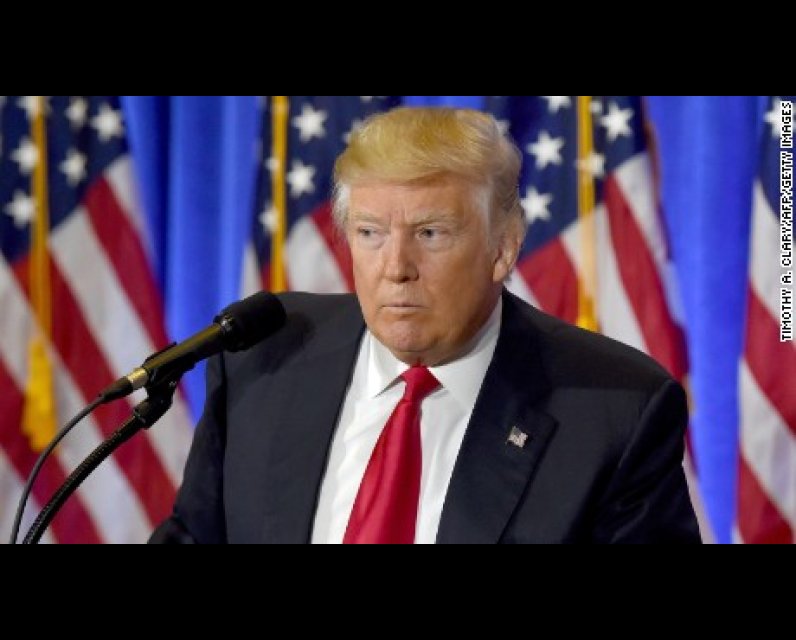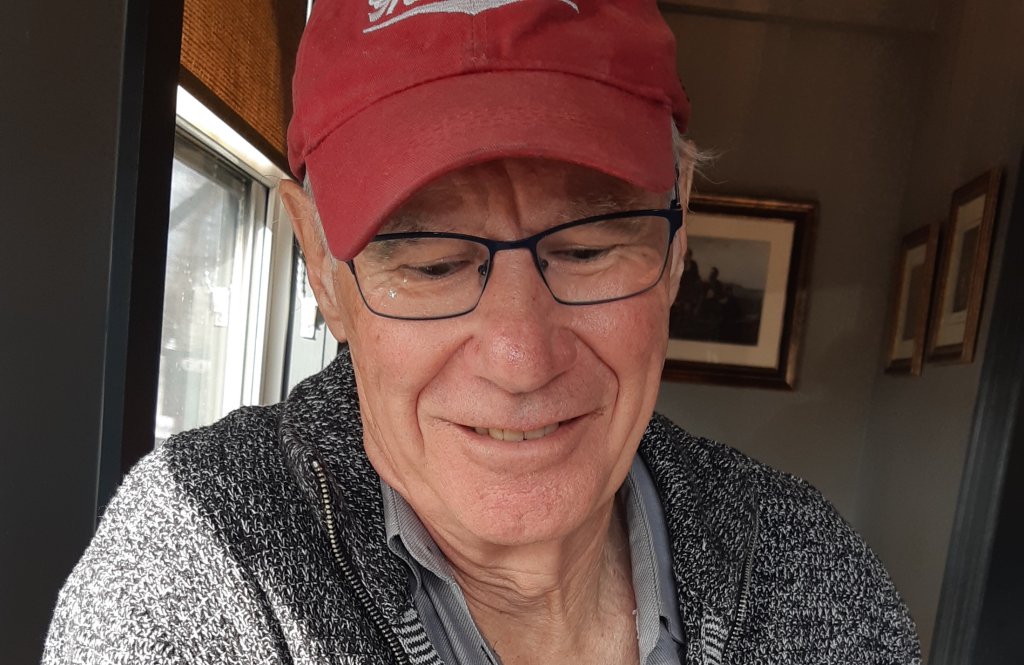Unpublished Opinions
Clive Doucet is a distinguished Canadian writer and former Ottawa city councillor. He was elected for four consecutive terms from 1997 to 2010 when he retired to run for Mayor. As a city politician he was awarded the Gallon Prize as the 2005 Canadian eco-councillor of the year. He was defeated twice by Jim Watson in 2010 and 2018 when he ran for the Mayor’s chair.
Clive Doucet: Its an ill wind that blows...

“It’s an ill wind that blows nobody any good.”
This may be how the Trump tariffs may be remembered, not because of their malicious intent to force a political integration with the U.S.. Rather the reverse, how they worked to keep the Canadian Federation alive.
Crises are not new to the Canadian Federation. Physical invasions, wars and waves of refugees come with each generation. I’m too young to remember the Conscription Crisis which shook the nation, but I was at the University of Montreal during the October Crises. I have vivid memories of a silent city and troops on the streets. The referendum crisis that followed the War Measures Act were even more serious, taking Canada a whisker away from partition. Now, the Premier of Alberta is working hard to position Alberta favorably into referendum territory with a steady flow of anti-Canada rhetoric and new legislation which will make it easier for her to hold a referendum.
You can see why some non-Canadians might wonder how Canada is even a country. It is. A complex, interesting and healthy one. Ironically, the looseness of the Federation has helped keep Canada, Canada. It has forced every federal government to come up with difficult but flexible, progressive legislation just to keep the country together. Much of it has worked very well. The transfer payments from richer provinces to poorer ones have been a simple, but very effective way of bringing some equity to a nation which is continent wide with very different communities, cultures, histories and resources. The United Nations would like to see a similar wealth transfer program to happen globally between the north and south. It’s not likely to happen any time soon, but gives an idea of how the Canadian system is admired for both it justice and simplicity.
Right from the birth of the nation, there’s been flexibility about language and culture that has allowed a modern, diverse to democracy to develop. Interestingly, it’s been similar to antipodal Australia and to which we are finally paying more attention. Health Care and more recently dental, child, and pharma care are also much envied by our American neighbors, who just can’t pull these essentials away from the for-profit sector. The nation has also been luckier in its leaders than it has been willing to recognize. Lester B. Pearson, Joe Clark and Jean Chretien quickly come to mind who worked successfully keep the nation upright.
The downside of the federation has been a steady reluctance to deal with any problem that will not trigger quick provincial buy-in. For forty years, federal and provincial governments have agreed to disagree on many key issues with the result being, the country has just gone with the provincial flow and allowed each province successfully to lock the door against its neighbor. If you’re a carpenter, doctor, tradesman you have to re-license to work in another province. It’s clear the new Prime Minister understands this part of the Canadian puzzle. During and after the election, he referred frequently to the dangers of having thirteen different economies and promised to get the provinces on board into one economy by Canada Day. This is needed but federal leaders have been trying to lead this Canadian horse to this water for at least 40 years.
Until the Trump tariffs, it's been an easy gig for Canada to sell basics and buy back finished products, that’s why Canadian productivity has remained chronically low. We haven’t needed to wrestle with product creation, placement and sales. Canada sells cheap subsidized oil, cheap
electricity, cheap potash etc. and then we buy cheap American overruns. It’s been an easy deal for everyone. The problem only comes when Canada refuses to play the game with home grown products like milk. Then the Americans aren’t so pleased. They can’t get their cheap milk into the country, but we get quality milk from safe, prosperous farms that feed their communities as well as the nation; but milk is an exception. The pressure to abandon it is constant.
Canada is not Sweden. We don’t feel the need to produce fighter jets, household products like Ikea does, and so on. What we do is add jets, government payment systems, internet apps, etc. to the American shopping cart. (Hence, the recent shock when suddenly Canadians started
to refuse to fill up the cart.) But, shopping differently is only a start. Forty years of closing down small farms because they’re not big enough will have to stop. An independent nation has to begin with one that can feed itself. We’ve got to change the competitive landscape so small-
scale farms and businesses can prosper in Canada without access to the American market. We used to have this.
The hardest part will be re-thinking how we are Canadian. Most of our problems are not ‘Made in the U.S.’ problems. They are ‘Made in Canada’ problems. The homeless problem is a Canadian problem. Successive federal governments of all stripes have walked away from housing. It’s been going on for more than forty years. The federal Ministry of State for Urban Affairs was not downsized, it was closed. Key programs like CMHC’s Co-operative Housing and Neighbourhood Improvement Programs were cancelled and never brought back. Across Canada, affordable housing was reduced to parish charity status and the homeless problem began.
The withdrawal of the federal government from shared cost funding for urban transit and national rail had the same destructive effect. Canadian National is now the largest rail company in North America, and despite the old name is thoroughly American. National rail service has collapsed into heavy duty freight. My father could take a taxi from his Cape Breton village directly to Ottawa or any other Canadian place he wanted. Today, the closest rail station is four hours away and when I get there the service is so slow, infrequent and expensive, it’s not an option.
Trump’s attempt to force Canada to become an American State through building a tariff wall are not idle threats, but escaping his ambitions will not start anyplace but at home. On the upside, he has made the stakes clear. We can choose to knuckle under or start rebuilding the country in ways that serve Canadians first, not international markets.



Comments
Good item for Clive. I voted for him, I campaigned for him too.
The comment about housing is sobering.
Is it possible that over time Canafians have consistently failed to live up to the great propositio of confederation?
Make no mistake, there are three more years of Trump, a growing national debt, a money printing liberal government...Canadians are going to have a real problem.
It’s going to take some time to shift our economy away from America. We need to be patient. Trump won’t last 3 more years. I think he’s going to die well before then.